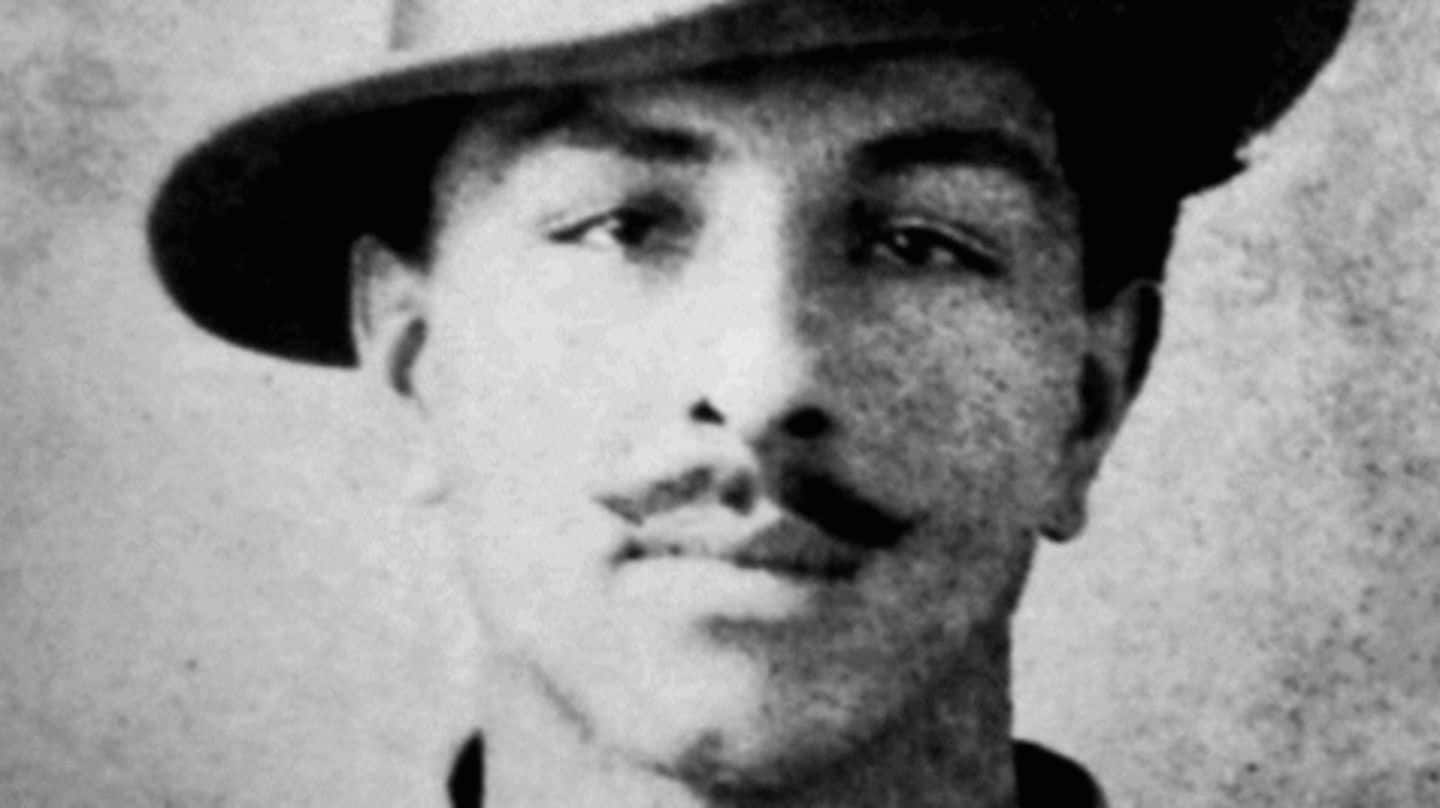
For the first time, Pakistan displays Bhagat Singh's case file
What's the story
Eighty-seven years after Bhagat Singh was hanged for the murder of a British police officer, Pakistan on Monday for the first time displayed some records of the legendary freedom fighter's case file including his execution certificate.
At 23, Singh was hanged by British rulers on March 23, 1931, in Lahore, after being tried under charges for hatching a conspiracy against the colonial government.
Archives
Will display more records, probably all files: Archives Department
The Punjab Archives Department could not display the whole record of the case file of Singh as it was not reportedly "fully prepared".
"Today we exhibited some record of the case file of Bhagat Singh (at the tomb of Anarkali, Lahore). We will display more record, probably all files, related to this case tomorrow," said an official of the department.
The record
The record included various petitions by Singh and his father
The record included Bhagat Singh's request for providing an order of court dated August 27, 1930, and his petition dated May 31, 1929, for an interview of his father.
It also included the petition of Singh's father Sardar Kishan Singh, against the death sentence of his son and also the certificate/execution of death of Bhagat Singh in Lahore district jail dated March 23, 1931.
Details
More archives related to Indian independence movement to be displayed
The record on display also includes a petition of Bhagat Singh for allowing him daily newspapers and books.
Some other record related to the manifesto of the Naujawan Bharat Sabha Lahore by BC Vohra, several clippings of the daily VIRBHARAT, etc.
"We will display more clippings of newspapers and other archives related to Indian independence movement tomorrow," the official said.
Resilience
Bhagat Singh wrote letters showing his resilience
Singh significantly did not end each application with the customary "yours truly" or "obediently". Instead, he only wrote, "Yours etc." showing his resilience in the face of tyranny.
In a letter to the District Magistrate Delhi, for allowing him newspapers and books, Singh wrote: "I will be obliged of you if you kindly allow me the use of daily newspapers and books. Yours Etc."
Information
The documents in the case file put on display
The case files also contain documents showing how the British India police and agencies had busted the team of Bhagat Singh comprising over 20 members from different parts of India and established their links with the Hindustan Socialist Republican Army and the Naujawan Bharat Sabha.
Decision
Decision to display the file was taken during a meeting
The decision to display the Singh's was taken at a recent meeting of the Punjab government's top bureaucrats in Pakistan.
"The meeting decided that Bhagat Singh was the independence movement hero of both India and Pakistan. The people of the country have the right to know about his (Singh) and his comrades' great struggle to get freedom from the British Raj," an official said.